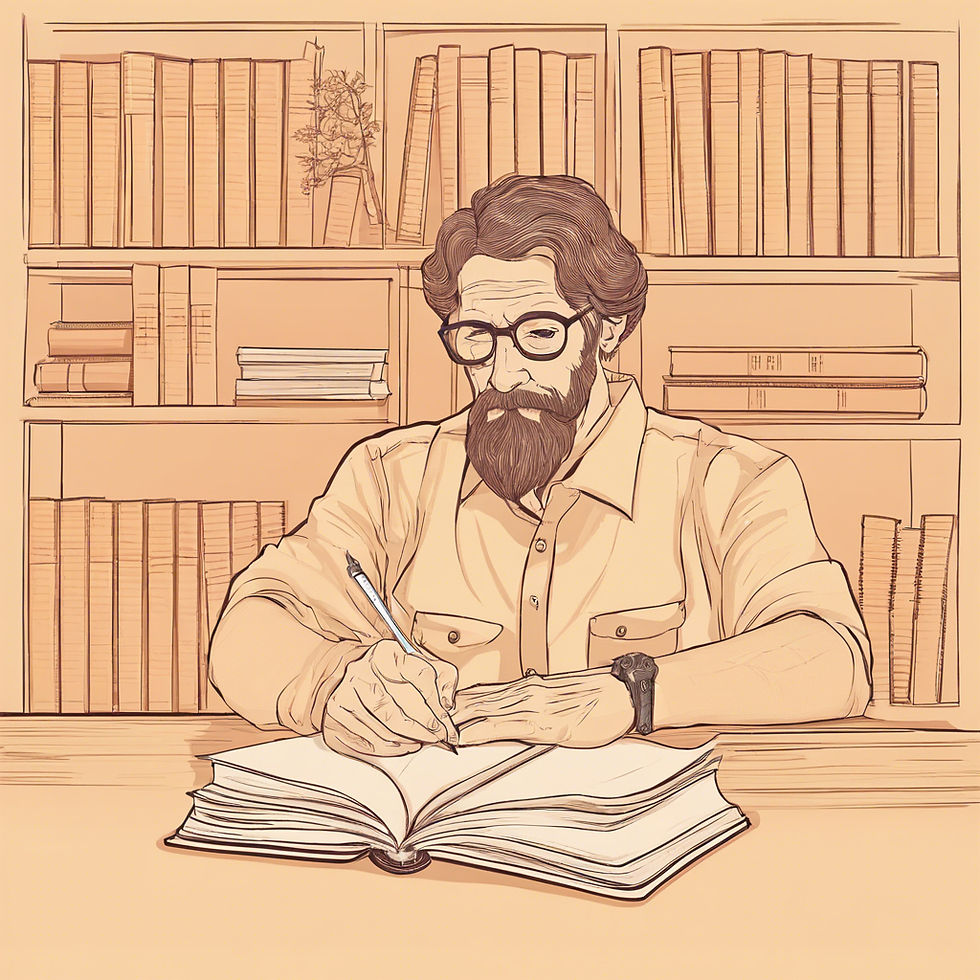Mastering the Art of English Literature: Essential Tips for Aspiring Writers and Readers
- yespriyaitis
- Jan 7
- 2 min read
Discover effective strategies to excel in English literature and improve your language skills with these expert tips.
Introduction
Are you passionate about English literature and eager to enhance your language skills? Whether you're a budding writer or an avid reader, mastering the art of English literature requires dedication and the right techniques. In this blog post, we'll share essential tips and strategies to help you improve your understanding and appreciation of English literature.
1. Embrace the Classics: Understanding Timeless Works
When diving into English literature, it's crucial to explore classic novels and poetry. Works like "Pride and Prejudice" by Jane Austen and "Hamlet" by William Shakespeare offer invaluable insights into storytelling and character development. By studying these timeless pieces, you can gain a deeper appreciation for literary techniques and themes that have shaped the genre.
Recommended Reading:
"To Kill a Mockingbird" by Harper Lee
"1984" by George Orwell
"The Great Gatsby" by F. Scott Fitzgerald
2. Improve Your Writing with Creative Exercises
Becoming a proficient writer in English literature requires practice and creativity. Engage in writing exercises, such as creating short stories or composing poetry, to enhance your writing skills. Experiment with different styles, genres, and perspectives to find your unique voice.
Creative Exercise Ideas:
Write a short story set in a dystopian future.
Compose a poem inspired by nature.
Rewrite a classic fairy tale with a modern twist.
3. Enhance Your Vocabulary and Grammar
A strong vocabulary and solid grasp of grammar are essential for excelling in English literature. Reading extensively and using vocabulary-building apps can help you expand your word bank. Additionally, reviewing grammar rules and practicing through exercises will improve your writing accuracy and fluency.
Resources for Vocabulary Building:
Merriam-Webster's Word of the Day
The Oxford English Dictionary
4. Analyze Literary Devices and Techniques
Understanding literary devices and techniques is key to interpreting and appreciating English literature. Pay attention to elements such as symbolism, metaphors, and imagery in the texts you read. Analyzing these techniques will deepen your understanding of the author's message and enhance your critical thinking skills.
Common Literary Devices:
Simile: Comparing two different things using "like" or "as."
Metaphor: A direct comparison between two unrelated things.
Personification: Giving human qualities to non-human entities.
Conclusion
By embracing classic works, engaging in creative writing exercises, enhancing your vocabulary and grammar, and analyzing literary devices, you can significantly improve your English literature skills. Whether you're writing your own stories or delving into the rich world of literature, these tips will guide you on your journey to becoming a more knowledgeable and skilled reader and writer.
Happy reading and writing!




